What Is DNA Methylation and Why Does It Matter?


If you subscribe to any health influencers or health channels on social media, you’ve heard the mention of DNA Methylation and the MTHFR gene. Maybe a friend or colleague told you they "can't methylate properly," or you saw a social media post about methylfolate supplements. The buzz around methylation has reached a fever pitch, and for good reason.
But here's the thing, methylation is both simpler and more complex than most people realize. It's not just about one gene or one supplement. It's a fundamental biochemical process that touches virtually every system in your body, from how you make energy to how you manage stress, detoxify, balance hormones, and even regulate your mood.
The good news? Understanding methylation, and more importantly, supporting it doesn't have to be complicated. Let's break it down.
So, What Is Methylation?
At its core, methylation is a biochemical process where your body adds a small molecular group called a methyl group (one carbon atom bonded to three hydrogen atoms, or CH₃) to other molecules. Think of it like a cellular on/off switch.
This simple action has profound effects:
- Turns genes on or off without changing your DNA sequence itself. This is called epigenetics, your genes aren't your destiny; methylation helps determine which genes get expressed.
- Creates neurotransmitters like serotonin, dopamine, and norepinephrine that regulate mood, focus, and stress response.
- Detoxifies your body by processing everything from environmental toxins to excess hormones.
- Protects your cardiovascular system by converting homocysteine (a potentially harmful amino acid) into beneficial compounds.
- Supports energy production at the cellular level through mitochondrial function.
- Regulates inflammation and immune responses throughout your body.
Methylation happens billions of times per second in your body. When it works smoothly, you probably don't notice it. But when methylation struggles, often due to genetic variants, nutritional deficiencies, or lifestyle factors, the effects can show up everywhere.
Welcome MTHFR: The Gene Everyone's Talking About
The MTHFR gene (methylenetetrahydrofolate reductase, whoa and yes, it's a mouthful) has become the poster child of the methylation conversation. And it deserves the attention.
MTHFR produces an enzyme that's essential for processing folate (vitamin B9) into its active form, which your body needs for methylation. Two specific genetic variants, or SNPs (single nucleotide polymorphisms), get most of the focus:
C677T: This variant can reduce MTHFR enzyme activity by 30-70%, depending on whether you have one or two copies.
A1298C: This variant typically has a milder impact but can still affect enzyme function, especially when combined with C677T.
Here's what matters: these variants are incredibly common. Research suggests that 30-50% of the population carries at least one MTHFR variant. If you're of Mediterranean, Hispanic, or Italian descent, those numbers climb even higher.
But having an MTHFR variant doesn't mean you're broken. It means your body might need extra support to methylate efficiently, and that support is often surprisingly straightforward.
Why This Affects So Many Areas of Your Health
Because methylation is involved in so many fundamental processes, impaired methylation can create a cascade of symptoms across multiple body systems:
Mental Health & Cognitive Function: Poor methylation can lead to low serotonin and dopamine production, contributing to depression, anxiety, brain fog, and poor stress resilience. Many people with treatment resistant depression have undiagnosed methylation issues.
Detoxification: Your liver relies heavily on methylation to process and eliminate toxins, heavy metals, and excess hormones like estrogen. Sluggish methylation can mean toxin buildup and hormonal imbalances.
Cardiovascular Health: When methylation is impaired, homocysteine levels can rise, increasing risk for heart disease, stroke, and blood clots. Elevated homocysteine is a key biomarker for methylation problems.
Energy & Fatigue: Methylation supports mitochondrial function and ATP (energy) production. Poor methylation often shows up as chronic fatigue or that "wired but tired" feeling.
Immune Function: Methylation regulates inflammatory responses and immune cell activity. Dysregulation here can contribute to autoimmune conditions or chronic inflammation.
Hormonal Balance: From thyroid function to estrogen metabolism, methylation plays a crucial role in hormone production and clearance.
Reading Your Body's Methylation Signals
Your body is constantly communicating with you. Here are some common signs that methylation might need support:
Mood & Mental Health Signals
- Anxiety or depression that doesn't respond well to standard treatments
- Irritability, mood swings, or emotional sensitivity
- Brain fog or difficulty concentrating
- Insomnia or disrupted sleep patterns
- High sensitivity to stress
Physical Health Signals
- Chronic fatigue or low energy despite adequate sleep
- Elevated homocysteine levels on bloodwork
- Poor response to medications or supplements
- Chemical sensitivities or difficulty detoxifying
- Hormonal imbalances (PMS, estrogen dominance, thyroid issues)
- Cardiovascular concerns or family history of heart disease
Family History Clues
- Parents or siblings with heart disease, stroke, or blood clots
- Family history of depression, anxiety, or mood disorders
- Multiple family members with autoimmune conditions
- Pregnancy complications across generations
If several of these resonate, it's worth exploring methylation more deeply.
The Most Important Thing to Understand
Here's what you need to remember: genetic variants like MTHFR aren't a life sentence. They're information. They tell you where your body might need extra support, but they don't determine your health destiny.
This is the beauty of epigenetics and nutrigenomics, the study of how nutrition and lifestyle influence gene expression. Even if you have methylation variants, you can profoundly influence how those genes function through:
- Targeted nutrition and specific nutrient forms your body can actually use
- Lifestyle choices that support or hinder methylation
- Strategic supplementation when needed
- Reducing factors that put additional stress on these pathways
Methylation affects such a huge percentage of the population that whether it's affecting you directly or someone you love, understanding this topic is valuable. The confusion around methylation is real, but as we'll explore in this series, the interventions are often quite simple, especially when you understand what's actually happening in your body.
What's Coming Next
Over the next four weeks (known as Methylation May), we'll dive deeper into:
- The methylation gene network beyond just MTHFR, because it's never just one gene working alone
- How methylation impacts stress, anxiety, and mental health, why your mood might be a methylation issue
- The physical health connections, from detox to heart health to hormones
- Practical action steps, nutrition, lifestyle, and targeted support that actually works
Methylation may be complex biochemically, but supporting it doesn't have to be overwhelming. Knowledge is the first step toward taking strategic action.
Next week, we'll explore the methylation gene network and discover why looking at MTHFR alone misses the bigger picture. You'll understand how multiple genes work together, and how variants "stack" to create your unique methylation profile.



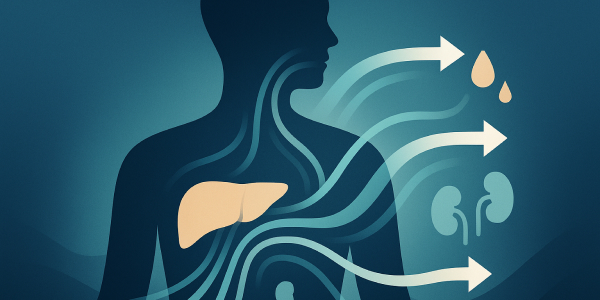
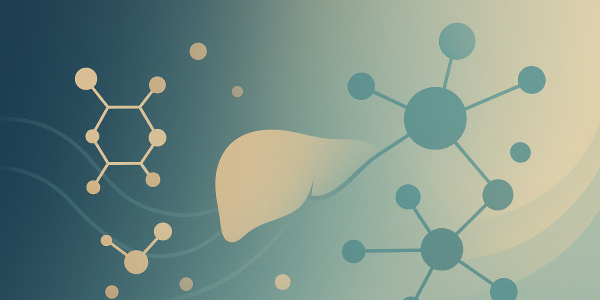


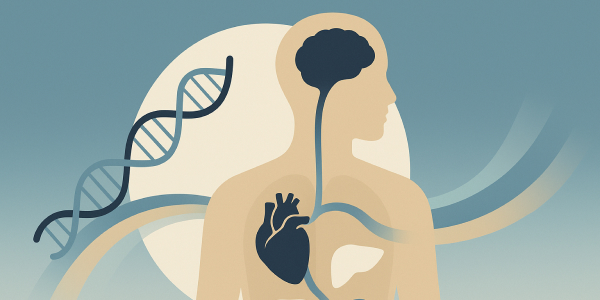
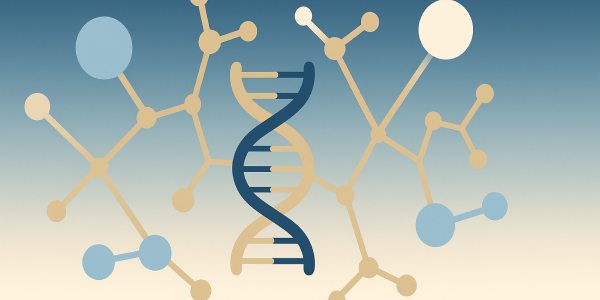

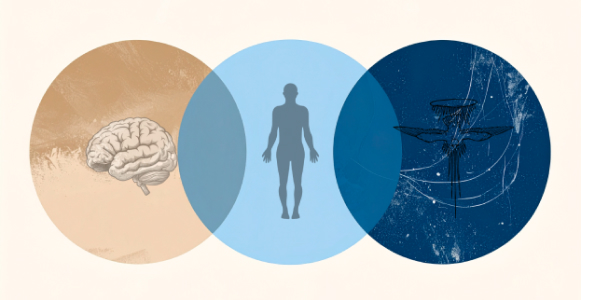
.svg)